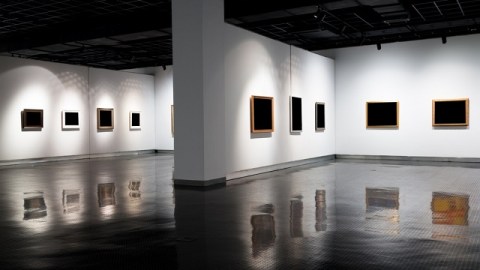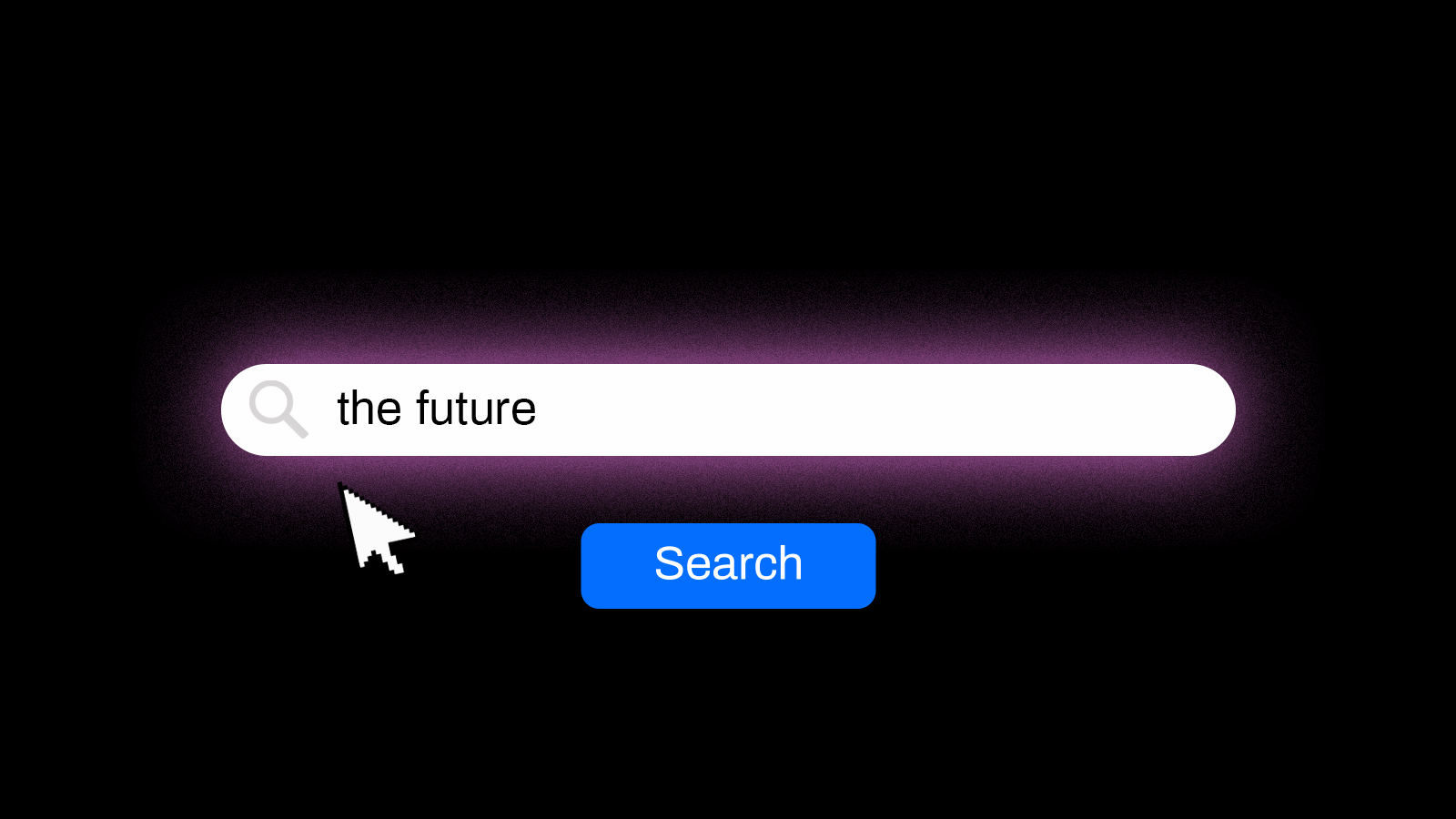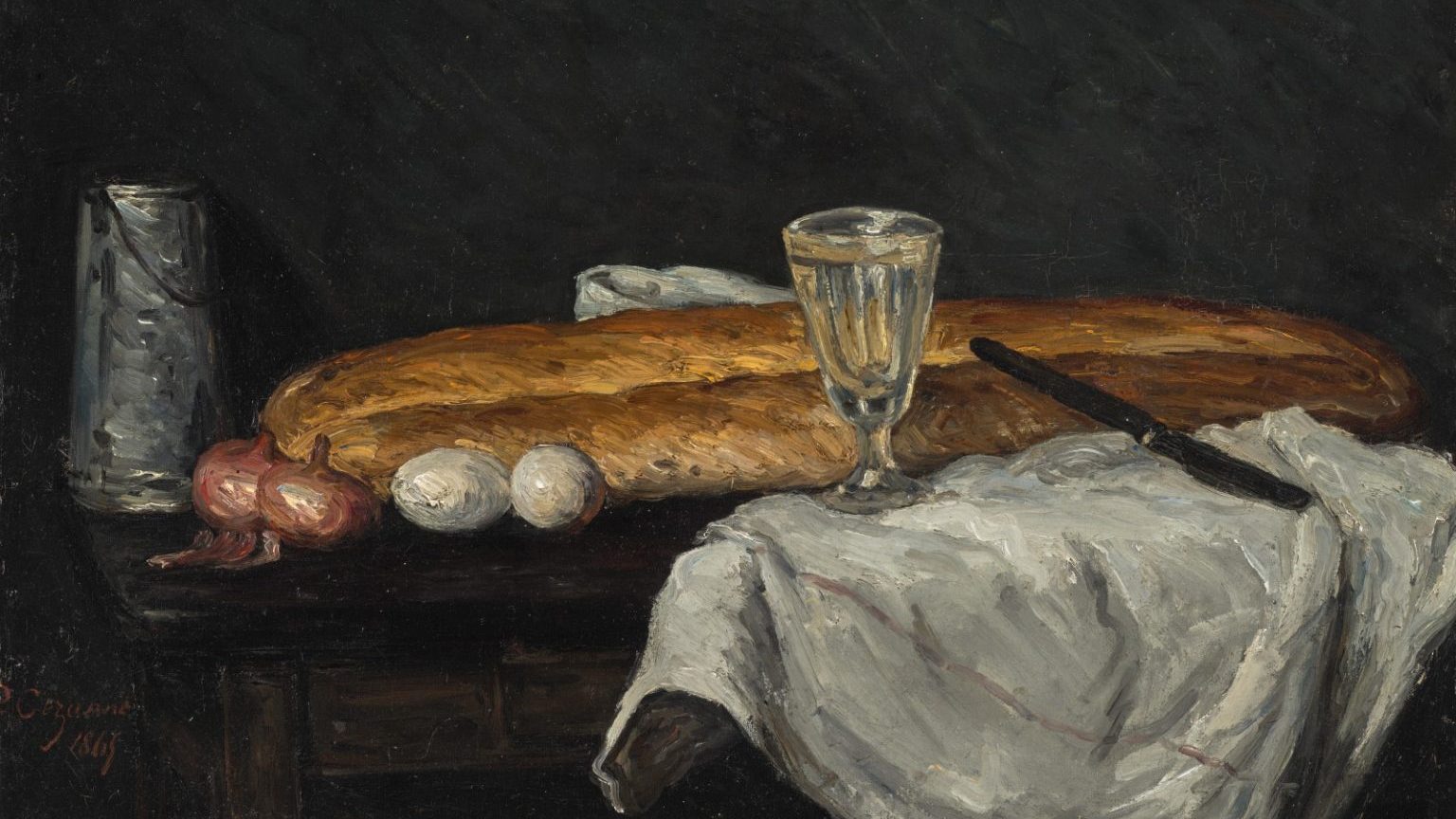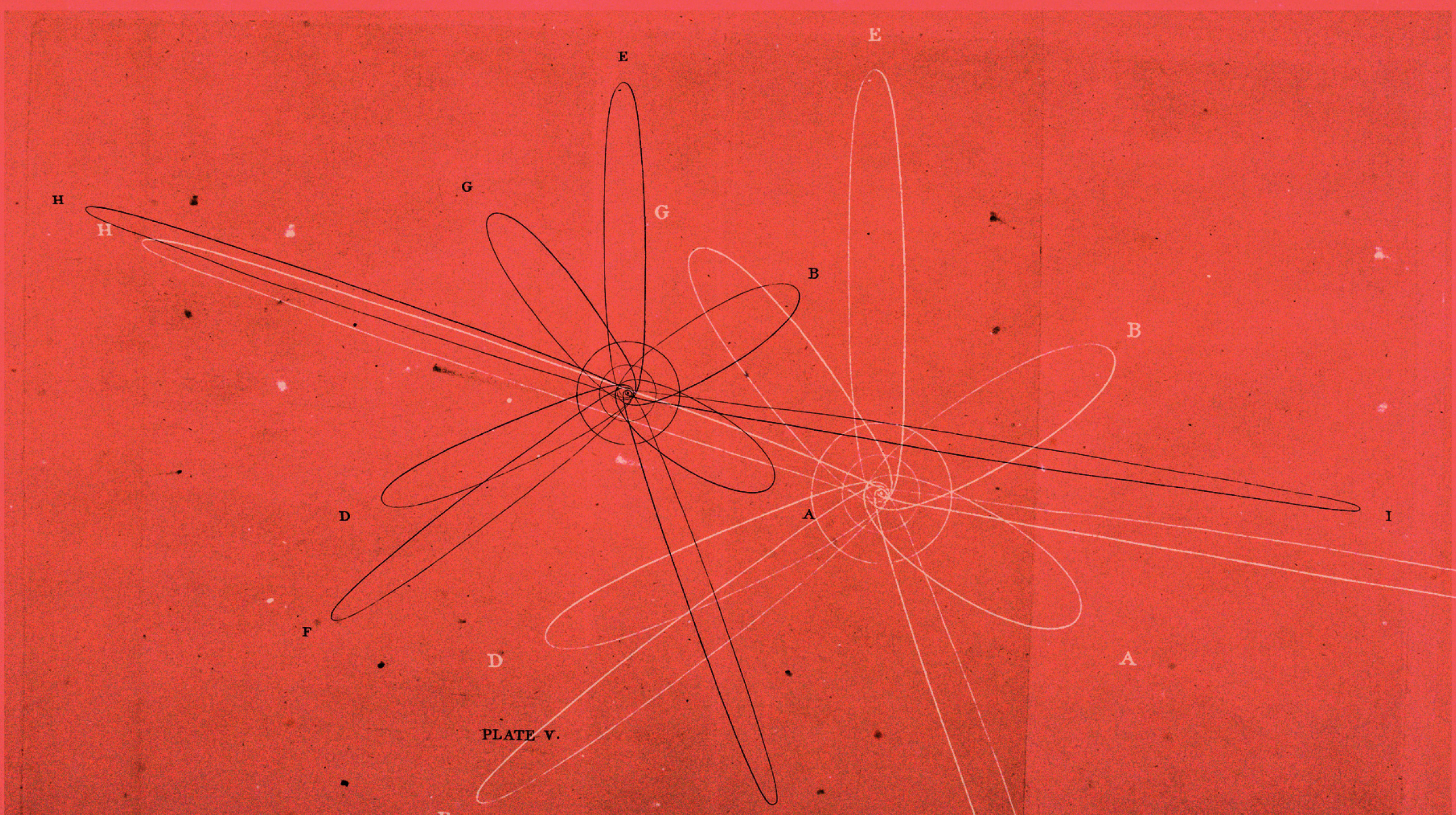What Should Be Done With Digital Art As It Ages?

What’s the Latest Development?
Last year, curators at New York’s Whitney Museum of American Art decided to resurrect Douglas Davis’ “The World’s First Collaborative Sentence,” which in 1995 was one of the first interactive Internet-based artworks to be acquired by a major museum. However, there was one big problem: It no longer worked on 21st-Century browsers. After much debate, the curators decided to present the work in both its original, broken version and a newer, “live” version. It also decided to open-source part of the original work in hopes that the public could help with the restoration.
What’s the Big Idea?
The Whitney is just one of several museums that are grappling with the challenge of restoring and preserving digital art, which, due to the rapid advance of technology, degrades far faster than more traditional forms of art. Some of the questions being debated include: Should such work be left as is, and regarded as a kind of performance art? Could modernization negatively impact the original artwork’s intent? San Francisco Museum of Modern Art curator Rudolf Frieling says, “We’re working on constantly shifting grounds. Whatever hardware, platform or device we’re using is not going to be there tomorrow. Frankly speaking, it’s a huge challenge.”
Photo Credit: Shutterstock.com





